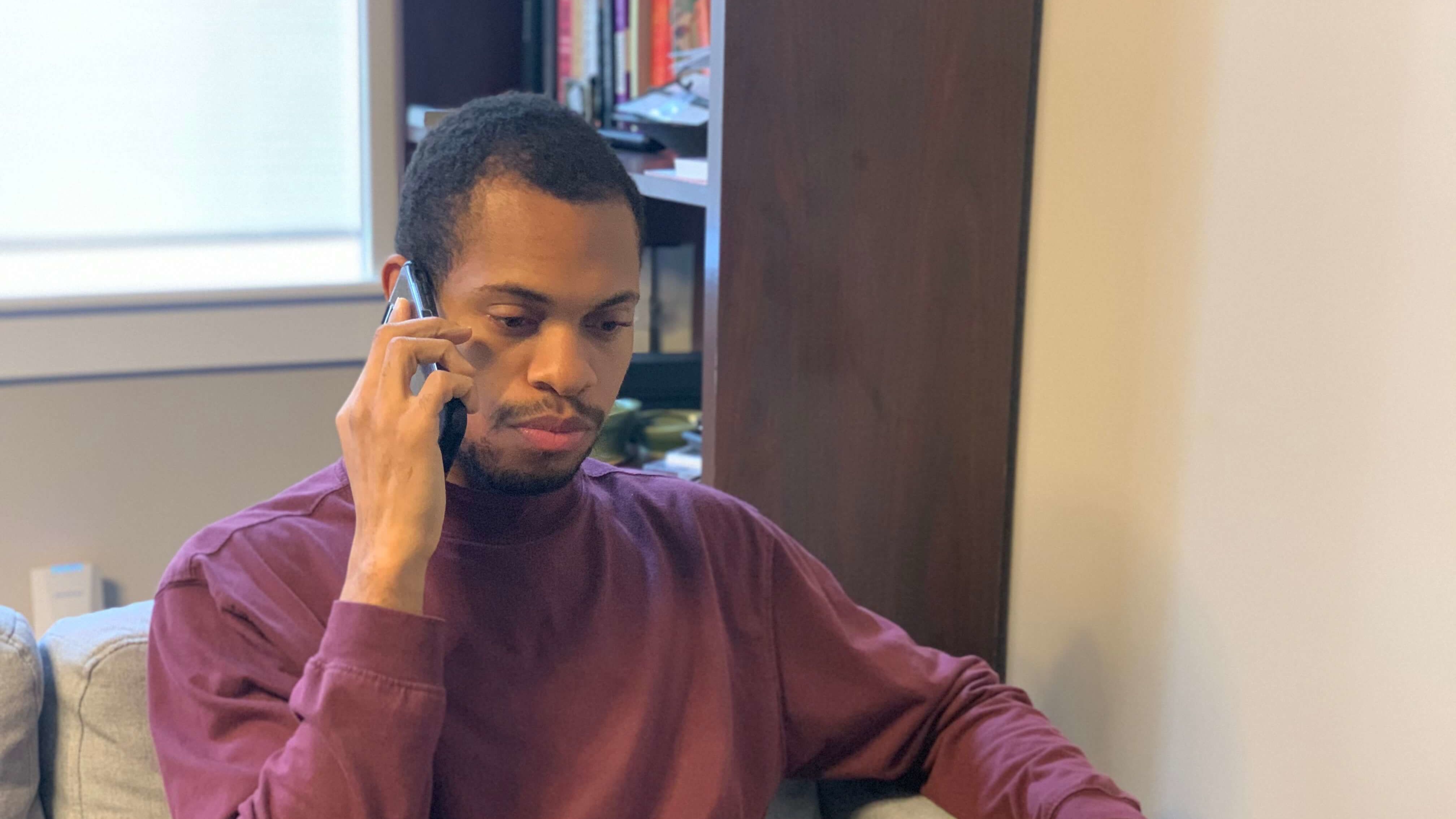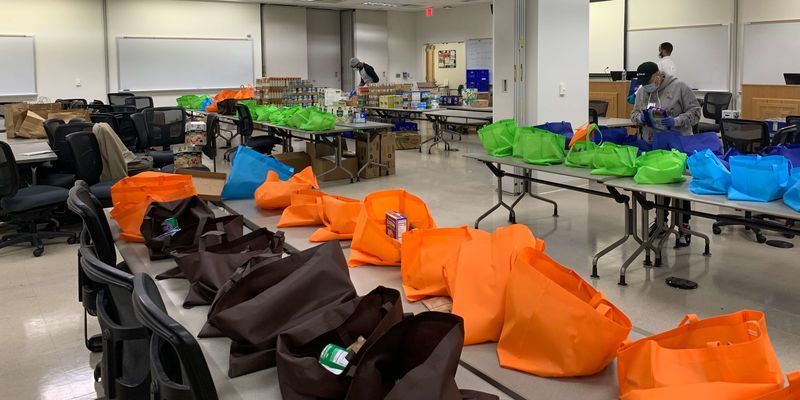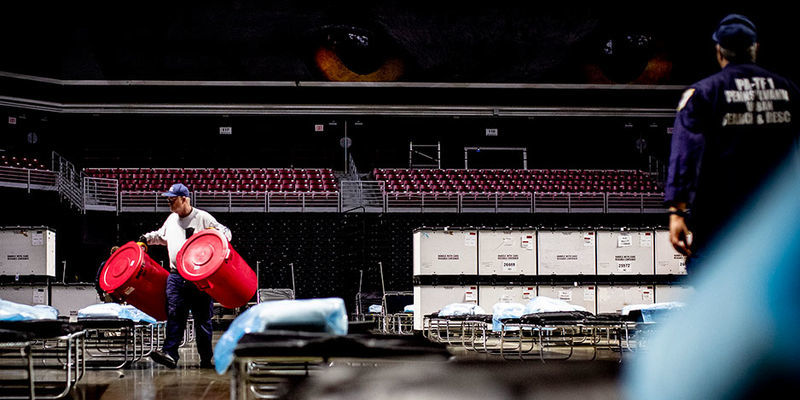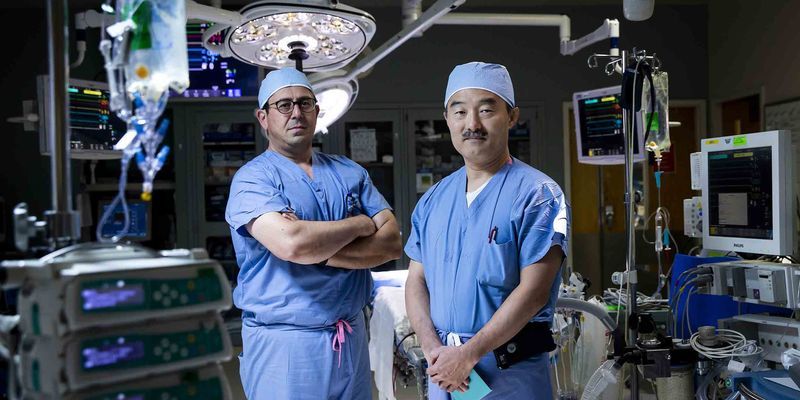The Center for Urban Bioethics helps patients Phone a Friend
Katz School of Medicine’s Nicolle Strand and her team are giving isolated patients someone to talk to.

When you’re isolated from the rest of the world, a phone call and a friendly voice can feel like a lifeline.
That’s why faculty and staff at the Center for Urban Bioethics at the Lewis Katz School of Medicine created the Phone a Friend program, which gives patients in Temple hospitals cell phones and pairs them with medical student volunteers ready to chat and listen.
The idea began as an offshoot of another program, in which the Center started by handing out around 40 cellphones to keep hospitalized patients in touch with their loved ones.
Strict visitation policies and other efforts to stop the spread of COVID-19 mean many patients lead very solitary lives.
“They’re there for days and they don’t have anybody to talk to. Temple’s healthcare team is doing a very good job of trying to limit exposure, which means that they’re in the rooms very infrequently as well,” said Nicolle Strand, assistant director for research at the Center and an assistant professor at the Katz School of Medicine. “I can’t imagine what it must feel like to them to be in a hospital room all alone most of the day.”
Thanks to the Center’s phone distribution program, patients can now connect with their family and friends. But Strand and her colleagues—including social workers specifically trained to work with people undergoing trauma—wanted to do more.
They developed the Phone a Friend program to give patients a designated companion they can talk to when their loved ones aren’t available, or if they have no one else they can call.
Katz School of Medicine student volunteers are matched with patients and call them at least once a day, speaking with them for 20 to 30 minutes at a time. They don’t offer any medical advice; but they aim to be caring, compassionate listeners.
Before their first call, students attend a training session that walks them through what they can expect, including role playing possible conversations with the Center’s social workers.
The program began in April with 10 fourth-year students. “We started with fourth-years because they have more experience with patients,” Strand said. “We thought that would be a little more of an easier transition for them.” Now 50 students have been trained and between 20 and 30 make calls regularly. The Center is planning to train even more.
Strand feels Phone a Friend is particularly important because the healthcare system can be daunting, even under normal circumstances. “If you’ve ever been in a hospital or even just a doctor’s office, it’s a scary place,” she said. “Even if it’s a routine appointment, even if you’re pretty sure you’re going to be OK. And even if you have your spouse or your child or your sister there with you.”
The intense loneliness brought on by quarantine and isolation procedures only makes a stressful experience worse. Having someone to confide in can help—even if it’s someone you have never met.
Donations to the program are welcome. The Center has about 100 phones but will soon need more. Strand and her team would also like to provide tablets so patients can speak to people face to face.
For now, each volunteer is a sympathetic voice on the other end of a line. “We’ve been careful to tell [the students], ‘You’re not their clinicians. So you’re not going to be giving the patients medical advice. But you do have a little insight as medical students into what it’s like to be in a hospital,’” Strand said. “So I think that can just be really comforting.”
—Edirin Oputu


